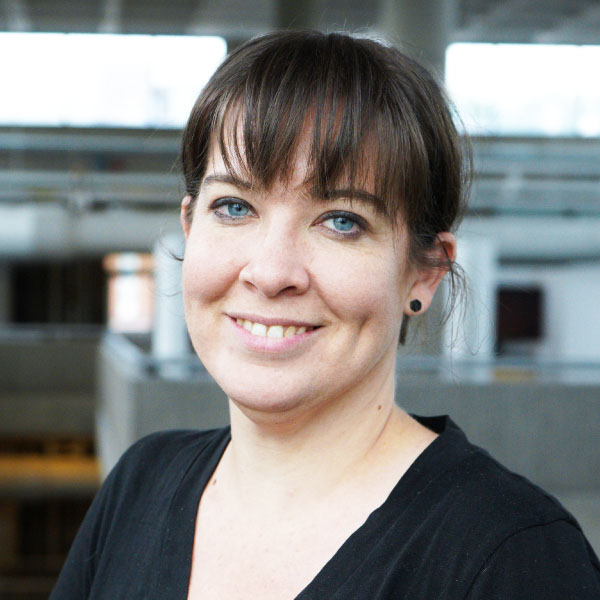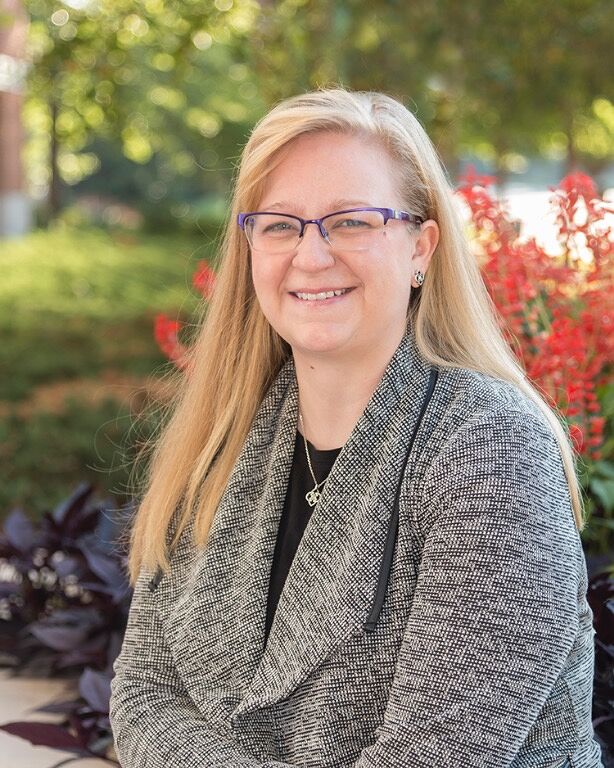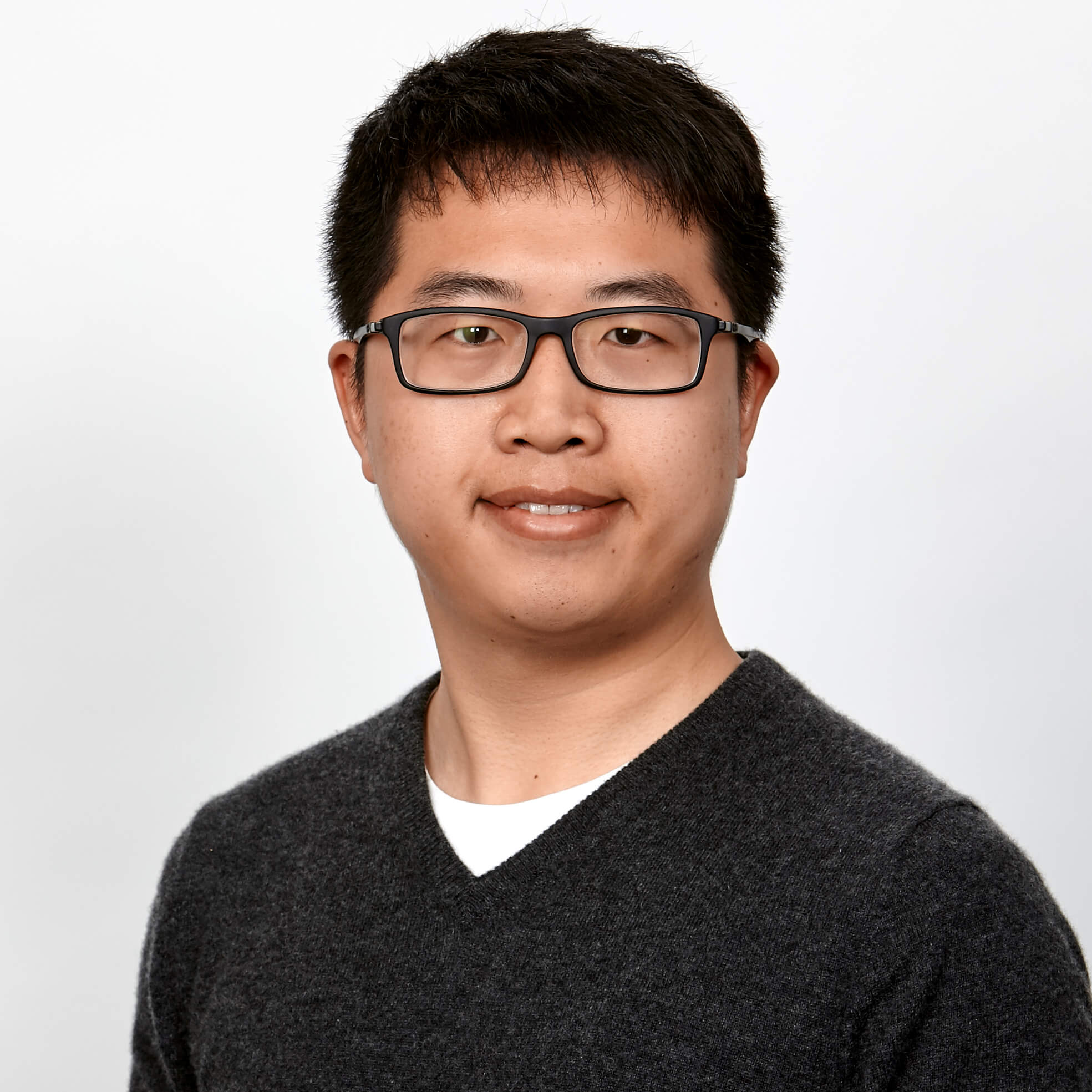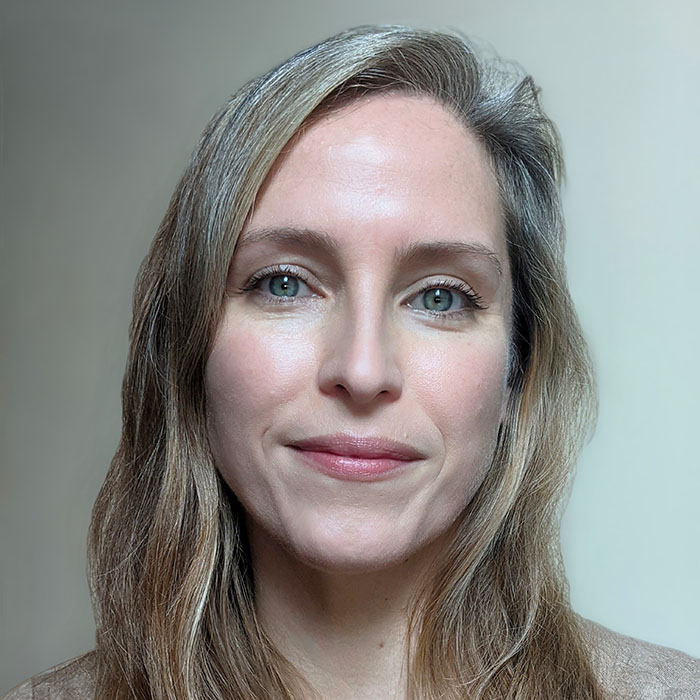She is an Associate Professor at Georgia Institute of Technology's School of Architecture and a practicing designer, researcher, and educator who is particularly interested in bringing architectural engagement to diverse audiences through interactive projects. Her experiences in practice and research include design/build projects, public installations, and on-site investigations as well as extensive archival work in several countries. As an avid photographer and illustrator, her work has been recognized in the American Institute of Architects National Photography Competition and she has contributed graphics to several exhibitions and publications. As an educator, she was recognized as one of two recipients of the 2017-2018 American Institute of Architecture Students (AIAS)/ Association of Collegiate Schools of Architecture (ACSA) New Faculty Teaching Award and a 2021 AIAS Educator Honor Award.
Her research and practice experiences span design/build, early intervention design education, transatlantic studies, and historic site documentation and visualization. She was an inaugural Mellon History Teaching Fellow at Dumbarton Oaks in fall 2021 for the project "From Plantation to Protest: Visualizing Cultural Landscapes of Conflict in the American South," supporting research and development of the Race, Space, and Architecture in the United States seminar at Georgia Tech.
Expanding experiences abroad to enrich both teaching and research agendas , she was the 2015 Society of Architectural Historians’ H. Allen Brooks Travelling Fellow. Between June 2016 and May 2017, she traveled to Iceland, the Faroe Islands, Cuba, and Japan to research the impact of tourism on cultural heritage sites; research blog posts can be found here.
Currently, she is working with Auburn University Associate Professor Liu and an interdisciplinary team from the McWhorter School of Building Science, the Department of History, and the Media Production Group on “Walking in the Footsteps of History”, an experimental survey and modeling project to digitally reconstruct the area south of the Edmund Pettus Bridge during the 'Bloody Sunday' events of March 7, 1965. This project is working to record and represent the built environment through the use of 3D LiDAR scans, UAV photogrammetry, and digital modeling. The team was awarded a $50,000 grant 2019 National Park Service African American Civil Rights Grant Program to compile a Historic Structures Report on the Edmund Pettus Bridge in Selma, Alabama.
Willkens serves as a Georgia Tech Institute for People and Technology initiative lead for research activities related to just, resilient, and informed communities.










